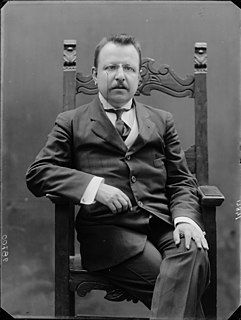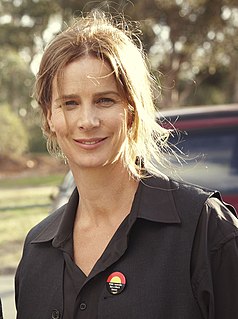A Quote by David Wong
My version of relativism is pluralistic and attributes functions to morality that in combination with human nature place limits on what could count as a true morality. Unlike many other relativists, I do not hold that people are subject to a morality because they all belong to a certain group. That is, I don't hold that being a member of a group makes one's subject to some set of generally accepted norms. What is true is that others around us teach us morality and moral language, so they inevitably influence us.
Quote Topics
Accepted
Around
Attributes
Because
Being
Belong
Certain
Combination
Could
Count
Functions
Generally
Group
Hold
Human
Human Nature
Inevitably
Influence
Language
Limits
Makes
Many
Member
Moral
Morality
Nature
Norms
Other
Others
People
Place
Pluralistic
Relativism
Set
Some
Subject
Teach
True
Unlike
Us
Version
Related Quotes
Talking about morality can be offensive. Morality is a politically incorrect subject. Many people are genuinely offended if someone speaks of morality and family values. It is okay if you talk about your sexual fantasies and deviances. This is called "liberation". But you would be frowned at if you talk about morality in public. Then you'd be accused of trying to impose your values on others.
The hypothesis I wish to advance is thatthe language of morality is ingrave disorder.... What we possess, if this is true, are the fragments of a conceptual scheme, parts of which now lack those contexts from which their significance derived. We possess indeed simulacra of morality, we continue to use many of the key expressions. But we have--very largely if not entirely--lost our comprehension, both theoretical and practical, of morality.
We're always projecting our moral categories on things. I think that's inevitable. But capitalism places no particular value on morality. Morality in the market is enforced by contract and regulation and law, because morality is understood to be in conflict with the motive force of greed and accumulation.
Although I'm not Christian, I was raised Christian. I'm an atheist, with a slight Buddhist leaning. I've got a very strong sense of morality - it's just a different morality than the loud voices of the Christian morality.... I can't tell you how many films I've turned down because there was an absence of morality. And I don't mean that from any sort of Judeo-Christian-Muslim point of view. I'm not saying they're wrong and can't be made. But, fundamentally, I'm such a humanist that I can't bear to make films that make us feel humanity is more dark than it is light.
The world is ruled by neither justice nor morality; crime is not punished nor virtue rewarded, one is forgotten as quickly as the other. The world is ruled by power and power is obtained with money. To work is senseless, because money cannot be obtained through work, but through exploitation of others. And if we cannot exploit as much as we wish, at least let us work as little as we can. Moral duty? We believe neither in the morality of man nor in the morality of systems. [p. 168]
Whatever efforts one may make, one must revert to the realization that religion is the real basis of morality; religion is the real and perceptible purpose within us, which alone, can turn aside our attention from things. ... The science of morality can no more teach human beings to be honest, in all the magnificence of this word, than geometry can teach one how to draw.




































